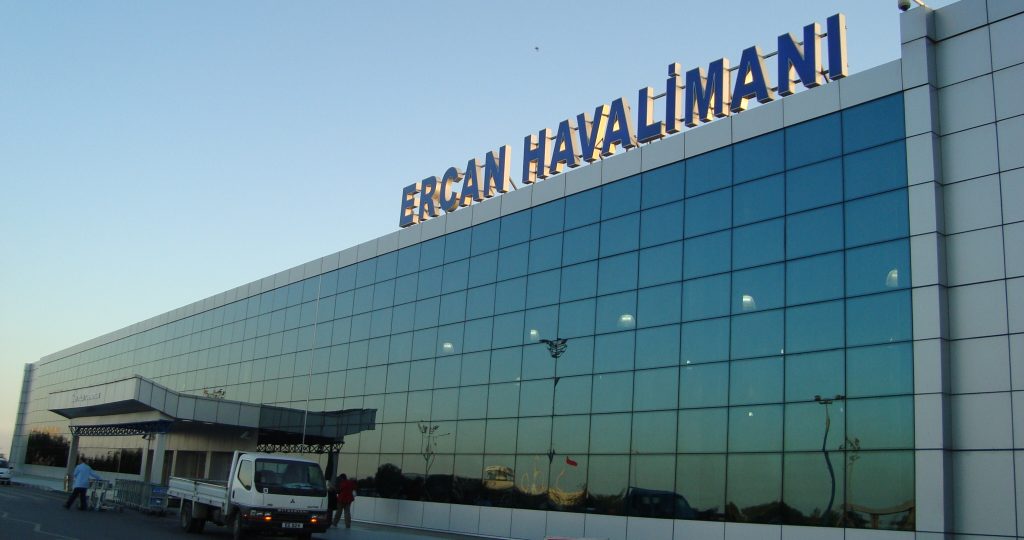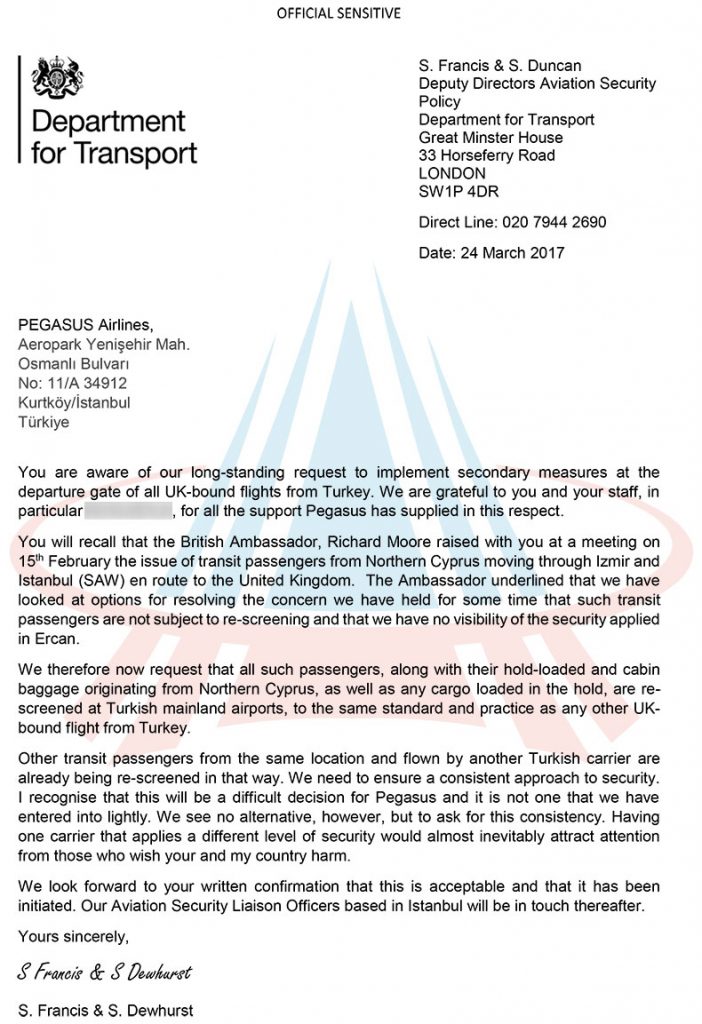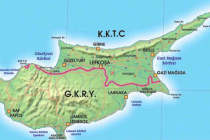Turkish Cypriots have thrown down the gauntlet to the British Government, after Chris Grayling, the UK Transport Minister, stated the new transit rule forcing Pegasus passengers to disembark in Turkey is purely to protect them “against a genuine terrorist threat” and is not politically motivated.
But Fikri Toros, the President of the Cyprus Turkish Chamber of Commerce (KTTO) and Ersu Ekrem, chair of the British Turkish Cypriot Association, say Grayling could have used a less damaging approach, by talking direct to the TRNC, while former Chief Negotiator Ergün Olgun believes the new passenger restrictions will poison the present Talks climate.
On June 1st, new security restrictions imposed by the British government came in for all Pegasus passengers flying from Ercan to London. As a result, those flying with the TRNC’s largest air carrier no longer simply touch down in Turkey, as before. Instead, they must leave the aircraft, enter the Turkish airport and undergo a further security check, before exiting and boarding the same plane to complete their journey.
The new change-over rules have added considerable delays to travel times and are causing immense hardship for those with young families, the elderly and disabled. Many have complained of chaos at both Izmir and Istanbul airports, due to the new rules.
Bizarrely, Pegasus has adopted the same security measure for all its flights from London to Ercan too, even though there was no such requirement from the British government. Repeated requests for an explanation from the airline, and the TRNC and Turkish governments have been met with a stony silence.
Anger from British Turkish Cypriots towards the British Government remains high following the new TRNC transit rule, which has been dubbed another “air embargo” by community activists.
UK Transport Minister Chris Grayling criticised for calling flights from Ercan “domestic Turkish flights”
Among those who wrote to Mr Grayling were Turkish Cypriot action groups ATCA (Association of Turkish Cypriots Abroad) and BTCA (British Turkish Cypriot Association). Both groups have since received responses from the Transport Minister, who has stressed the new rules were, “based on emerging intelligence and our assessment of what security measures were necessary to protect passengers against the risk of a terrorist attack.”
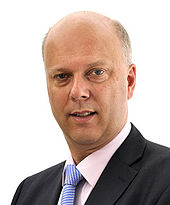
In his letter to ATCA, dated June 1, the Transport Minister started by claiming there was “no change of policy in the UK Government towards North Cyprus, and that the changes have nothing to do with the issue of recognition of North Cyprus.” He ended by trying to reassure the group that there was “no intention of targeting passengers from North Cyprus with an unnecessary rule change. We want to make sure that we provide them with proper protection against a genuine terrorist threat.”
An identical letter was sent to Ersu Ekrem, chair of the BTCA, who was dismayed to see flights from North Cyprus described as “domestic Turkish flights.” Mr Ekrem told T-VINE: “Mr Grayling is representing a Guarantor Power, which knows very well the recent history of the island and its current status. To claim Ercan Airport is now a part of Turkey is shocking to say the least. If that is not political, I don’t know what is.”
The need for revised security arrangements for Pegasus passengers flying from Ercan was pressed home earlier in the year by British Ambassador to Turkey Richard Moore. During a meeting with airline staff, Mr Moore explained the need for re-screening in Turkey because Britain had “no visibility of the security applied in Ercan”.
This same point was emphasised in a confidential letter sent to Pegasus on 24 March by the Department for Transport – leaked in Turkey’s Airport Haber website – which stated that all passengers, “along with their hold-loaded and cabin baggage originating from Northern Cyprus, as well as any cargo loaded in the hold, are re-screened at Turkish mainland airports, to the same standard and practice as any other UK-bound flight from Turkey.”
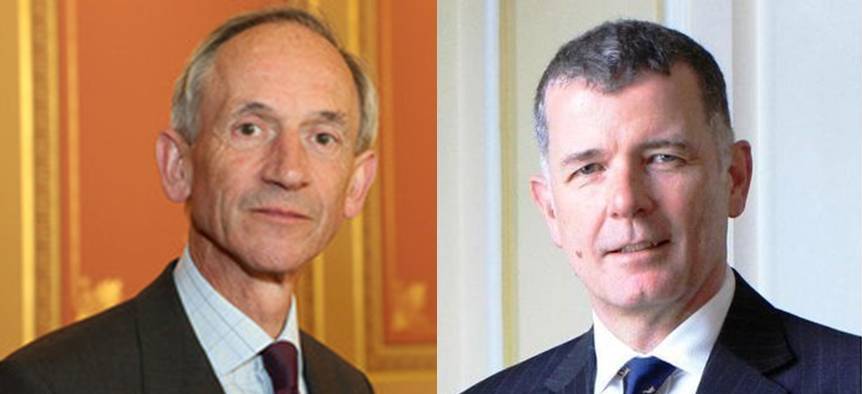
The Department of Transport acknowledged choosing to implement this new measure would be a “difficult decision for Pegasus”. However, the Britain authorities felt there was “no alternative” but to “ask for consistency”, and that they could not tolerate one carrier applying a “different level of security” that could be exploited by those wishing to “harm” Turkey and Britain.
The issues were discussed in depth with British High Commissioner Matthew Kidd, who met with businessmen Zeki Ziya, head of Pegasus’ TRNC operations, and KTTO President Fikri Toros and Secretary General Mrs Aysun İleri. During the meeting at the KTTO headquarters in Lefkoşa on 30 May, the High Commissioner emphasised that security intelligence working within the UK’s Department of Transport was behind the decision, which was a purely “technical matter” and urged that it should not be viewed as a “political sanction.”
Other details of the discussion, relayed to T-VINE by President Toros, included the High Commissioner’s comments that security measures in the UK are continuously increased, to maximise the safety of all passengers and airports. Due to a diversity of terror threats, he explained the authorities are obliged to take ad-hoc measures, often without any prior notice.
Fikri Toros: Turkish Cypriot Chamber of Commerce ready to work with UK so Ercan’s security can be “harmonised with int’al standards”
High Commissioner Kidd said the new transit rule for Pegasus passengers on UK-bound flights was something UK officials had been looking at for some time, and reiterated the points raised by his counterpart in Ankara, that they have ‘no visibility of the security applied at Ercan Airport’.
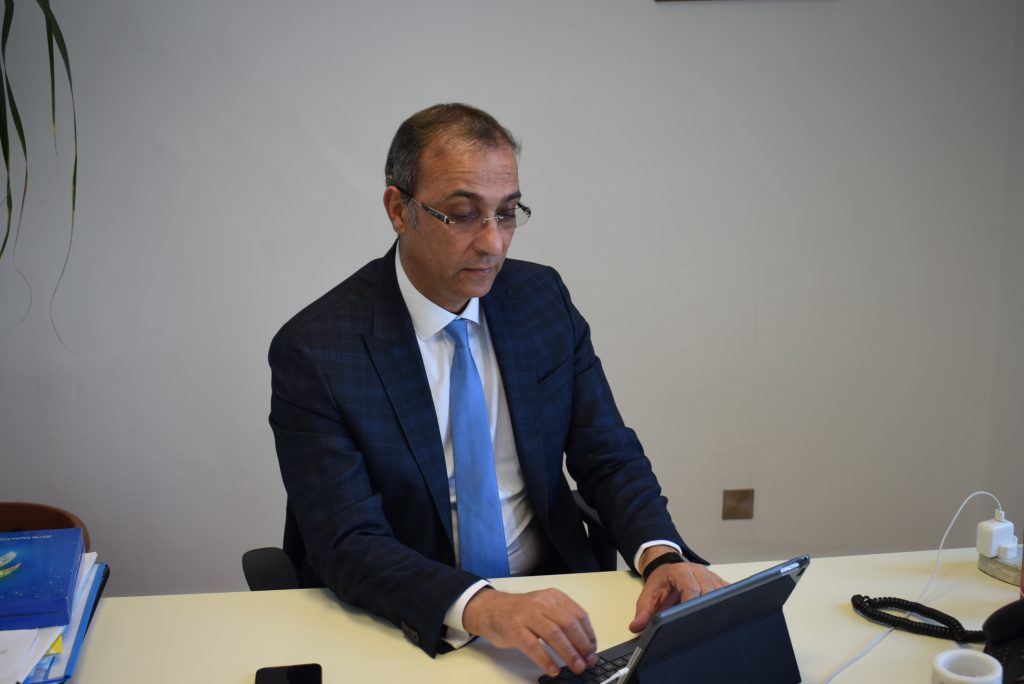
In response, President Toros told the included the High Commissioner that Turkish Cypriots “understand and appreciate the increasing concerns on the safety of air passengers”, as a result of the continued terror threats, and that they were “ready to collaborate in any way” to conform fully to the UK security standards. However, the new system, as proposed, would be to the “detriment of Turkish Cypriot tourism” and “harm Pegasus’ business”.
In 2016, 3.7 million passengers used the internationally unrecognised Ercan Airport, with 10,000 of 25,000 flights at the airport made by Pegasus. The carrier is Cyprus’ largest airline; in 2015, it carried 565,000 passengers to Cyprus. Its nearest rival, Greek-owned Aegean Airlines, flew 410,000.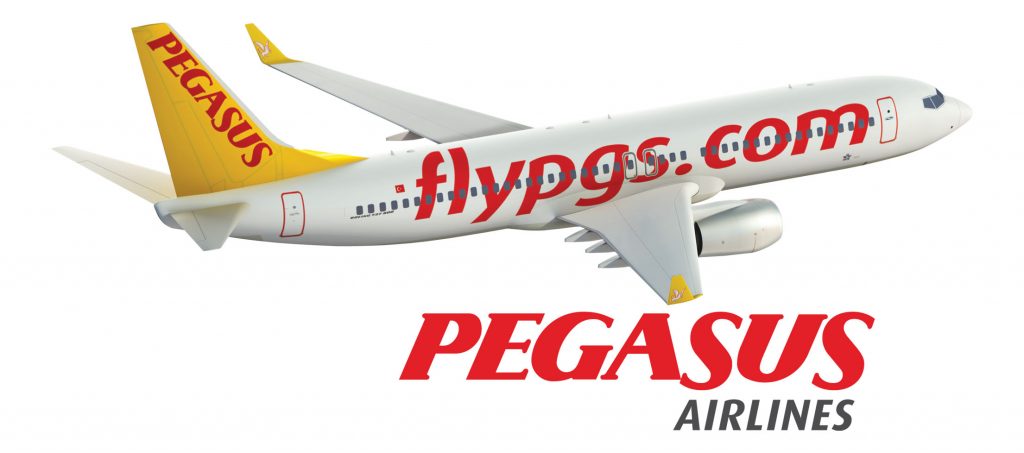
Businessman Zeki Ziya previously told T-VINE that he fears the new measures will drive passengers onto easier, direct routes through the south, which do not involve the tiresome transfer: “It’s pointless, but it will have a hugely damaging effect on the number of people flying between Ercan and the UK.”
Mr Ziya’s concern is shared by President Toros, who feels the current security measures will deprive TRNC and Pegasus of valuable income. The business chief suggested that British inspectors should be invited to Ercan to view the security measures applied, and could advise the local authorities on how their procedures can be “harmonised with the required standards”. Should this not be possible “due to political hurdles”, President Toros said KTTO would hire an internationally-accredited inspection company to carry out this procedure.
“If new intelligence indicates a terrorist threat affecting Ercan, then it’s even more vital British police are in touch with Turkish Cypriot authorities – anything less would be pure negligence”
KTTO, which is an internationally-recognised body founded in 1958, already oversees a variety of inspection procedures for the TRNC, including for food and other goods. These are given verification certificates so they can travel across Cyprus’ Green Line and be sold across the EU.
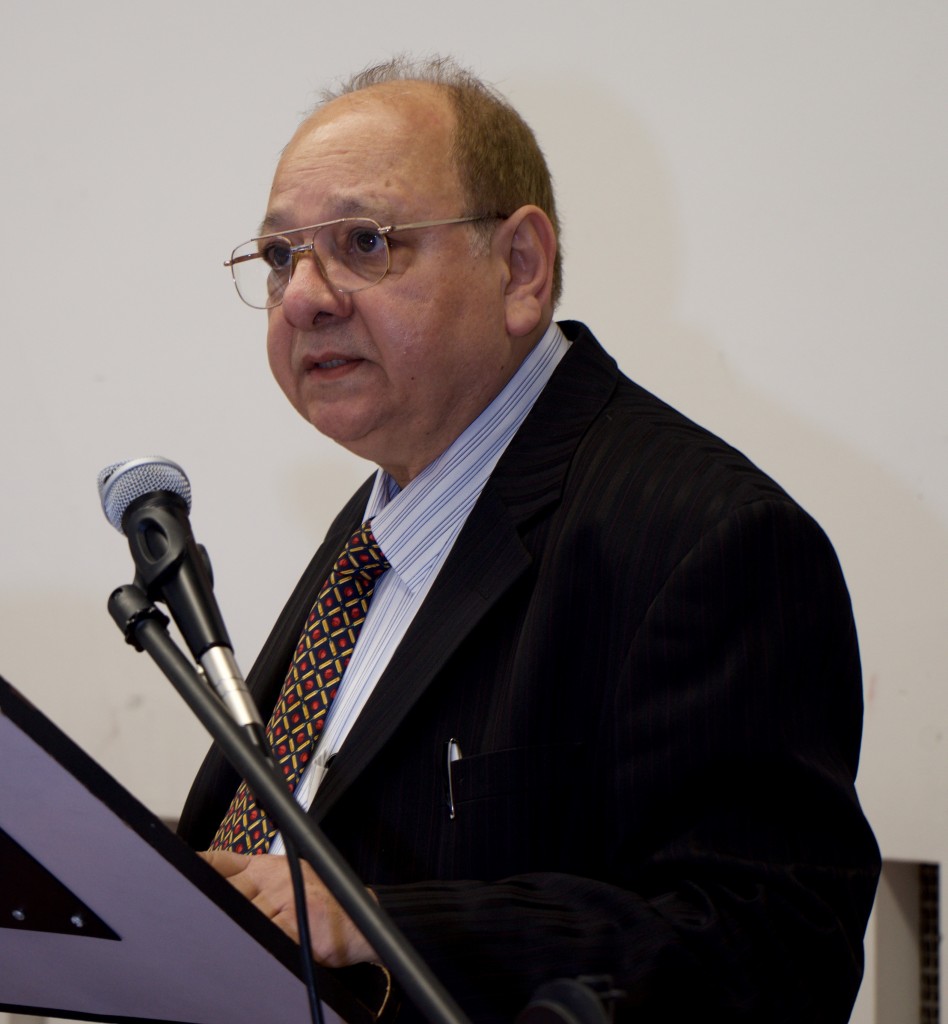
It’s understood President Toros has also asked the British High Commission to arrange a meeting at the UK Department of Transport to discuss this issue. He added that it is difficult to accept the British security authorities have a “visibility” issue with Ercan, given that many EU Committees and delegations regularly visit North Cyprus on fact-finding missions, and that Britain has run multiple training programmes for Turkish Cypriots.
BTCA chairman Ersu Ekrem endorsed the line taken by the KTTO President. He said: “The British authorities claim the new transit rule is due to “technical, security measures” and is not politically motivated. So now they can prove it. Fikri Toros has made important practical recommendations about verifying security at Ercan. The UK Department of Transport need to take him up on it.”
He added, “In February, a [British] High Court ruling stated British law enforcement officers can talk to their Turkish Cypriot counterparts to prevent crime because it does not amount to recognition. If new intelligence indicates a genuine terrorist threat affecting Ercan, then it’s even more vital British police are in touch with Turkish Cypriot authorities to combat this. Anything less would be pure negligence on Britain’s part.”

